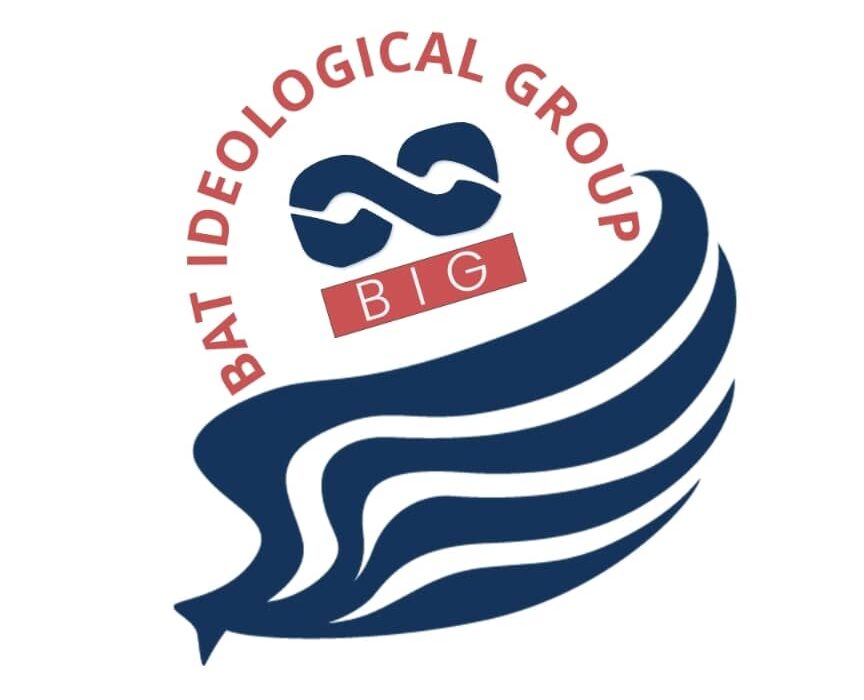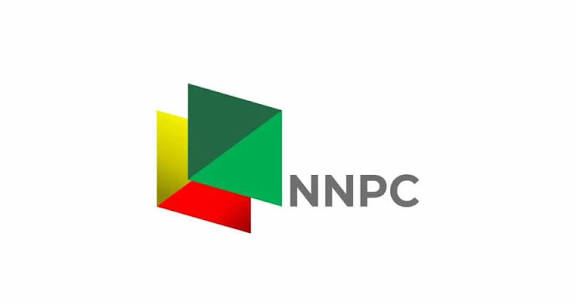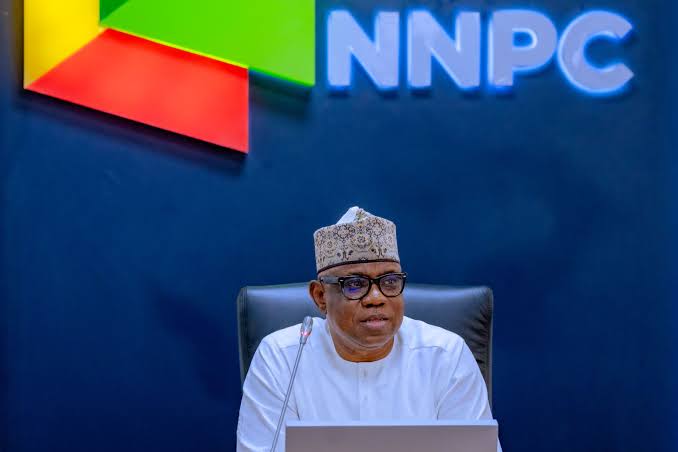How President Tinubu’s NELFUND May Drive Private Universities Out of Business

By Bamidele Atoyebi
The introduction of the Nigerian Education Loan Fund (NELFUND) is reshaping the country’s education landscape, and for the first time in decades, it is tilting the balance of power back toward public universities.
President Bola Tinubu’s government may not have intended it, but NELFUND is quietly redefining what it means to access higher education in Nigeria.
The policy, which provides interest-free loans to students in public tertiary institutions, is demystifying private university education, and in the long run, it could send many private universities struggling for survival.
For years, private universities thrived as the fallback option for students who couldn’t meet the admission requirements of federal or state institutions.
They built their business models on exclusivity, stable electricity, and the frustrations of parents desperate to secure admission for their children. But NELFUND has changed that dynamic.
Now, students have a new motivation: study hard, score high, and qualify for admission into government universities, because that is the only gateway to accessing the education loan. The scheme is creating a healthy competition and reawakening the reading culture among young Nigerians.
It’s no longer just about getting into any university; it’s about earning the right to an education that comes with government backing and relief from financial strain.
By tying access to loans to performance and admission into public schools, NELFUND is indirectly making students more determined and focused.
The message is clear: if you want support, you must put in the effort. This renewed sense of academic seriousness is one of the scheme’s quiet successes.
But the same policy that is empowering the masses is also unsettling the private sector. Private universities are beginning to feel the pinch as enrollment interest shifts toward public institutions.
Without the same access to NELFUND, many parents are reconsidering the high fees in private schools, especially amid rising economic pressures.
The financial squeeze is worsened by the removal of fuel subsidy. Universities that once prided themselves on uninterrupted power supply now spend significantly more on diesel. Ironically, the profit margins many private institutions enjoyed during the subsidy era are disappearing.
Those that depended on constant diesel-powered energy may need to rethink their operations, or follow the example of Covenant University, which has run its own independent power system since 1999 without power outages.
The combined effect of NELFUND and subsidy removal is forcing private universities to innovate or risk closure. For the first time, public education, long neglected, is setting the standard. Merit, not money, is becoming the new benchmark for admission.
This shift deserves national support. President Tinubu’s education reforms are not just about loans; they are about restoring dignity and fairness to Nigeria’s learning system.
By taking from excess and channeling it toward opportunity, his administration is giving hope to the children of the poor and middle class who once believed higher education was beyond their reach.
If sustained and managed transparently, NELFUND could become the single most transformative policy in Nigeria’s education sector, one that proves government can indeed deliver, and that quality education should never be a privilege for the wealthy.
Bamidele Atoyebi is the Convenor of BAT Ideological Group, National Coordinator of Accountability and Policy monitoring and a publisher at Unfiltered and Mining Reporting








